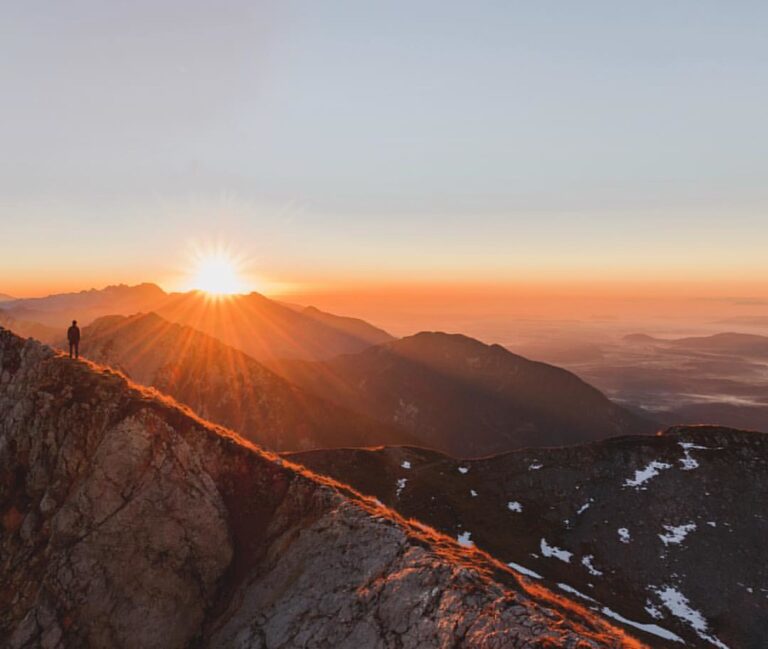Why Is Backpacking Important in Mountaineering?
Backpacking is a crucial component of mountaineering, as it allows climbers to carry the necessary gear, conserve energy, and mitigate the risk of injury. A well-packed backpack enables efficient weight distribution, comfortable carrying capacity, and quick access to essential items. By prioritizing proper packing and weight distribution, climbers can reduce the risk of fatigue, strain, and injury, ultimately increasing the chances of a successful and safe expedition. By understanding the intricacies of backpacking in mountaineering, climbers can release the full potential of their experience, and gain a deeper understanding of the delicate balance between gear, energy, and terrain.
Essential Gear for the Climb
Pack smart by prioritizing the right gear, as a well-curated selection of essentials can mean the difference between a triumphant summit and a disastrous descent. A reliable backpack is the foundation, providing ample storage and comfortable carrying capacity. Next, consider a waterproof and breathable outer layer, paired with insulating mid-layers and a warm hat for temperature regulation. Navigation tools, such as a compass and map, guarantee you stay on course. A first-aid kit, complete with blister care and pain relievers, is also vital. Don't forget a reliable headlamp, extra batteries, and a multi-tool for unexpected situations. By thoughtful selection and packing of these essentials, you'll be well-prepared to tackle the mountain with confidence.
Energy Conservation on the Mountain
Properly managing your physical and mental energy reserves is essential on the mountain, as the high-altitude environment can quickly drain even the most seasoned climber's resources. Climbers must adopt strategies to conserve energy and maintain their overall well-being. This includes pacing themselves, taking regular breaks, and staying hydrated to avoid fatigue.
- Avoiding unnecessary detours and keeping to the planned route helps reduce excess energy expenditure.
- Using trekking poles can also help alleviate strain on the legs and knees.
- Prioritizing rest and sleep is pivotal, as a well-rested climber is better equipped to tackle the challenges of the mountain.
Reducing the Risk of Injury
Many climbers underestimate the importance of injury prevention, yet a single misstep can have devastating consequences, rendering even the most experienced adventurers helpless and stranded in the wilderness. A well-packed backpack can substantially reduce the risk of injury by allowing climbers to maintain proper posture, distribute weight evenly, and access essential items quickly. A balanced load also enables climbers to react more effectively to changing terrain and weather conditions, reducing the likelihood of trips, slips, and falls. In addition, a backpack's padding and support can protect the spine and joints from excessive strain, minimizing the risk of chronic injuries. By prioritizing injury prevention, climbers can guarantee a safer and more enjoyable mountaineering experience.
Packing for Unpredictable Weather
Climbers venturing into the wilderness must be prepared to adapt to mercurial weather patterns, as a sudden shift in conditions can turn a tranquil landscape into a treacherous one. Packing for unpredictable weather is vital to guarantee a safe and successful mountaineering expedition.
- Waterproof gear and clothing to shield against rain, snow, or hail
- Insulating layers for cold temperatures, and breathable fabrics for warm conditions
- A reliable and portable shelter, such as a lightweight tent, to provide a safe refuge in case of severe weather
Efficient Weight Distribution Matters
When venturing into the wilderness, the weight and balance of one's backpack can have a profound impact on overall comfort, mobility, and even safety, making efficient weight distribution a critical consideration for mountaineers. A poorly loaded pack can lead to fatigue, discomfort, and decreased agility, ultimately compromising one's ability to navigate challenging terrain. By distributing weight evenly and strategically, mountaineers can maintain balance, conserve energy, and reduce the risk of injury. This can be achieved by placing heavier items closer to the back and center of the pack, while keeping lighter items towards the top and periphery. A well-balanced pack is essential for a successful and enjoyable mountaineering experience.
Mental Preparation Through Backpacking
In addition to physical preparedness, mental toughness is a critical component of a successful mountaineering expedition, and backpacking can serve as a powerful tool for cultivating the resilience and focus required to overcome the challenges that lie ahead. Backpacking allows climbers to develop mental endurance by pushing through physical exhaustion, inclement weather, and navigational obstacles. This mental preparation is essential for mountaineers to stay motivated, adapt to changing circumstances, and make sound decisions under pressure.
- Building confidence through self-reliance and problem-solving
- Developing a growth mindset to overcome fear and uncertainty
- Cultivating a sense of calm and focus in the face of adversity


